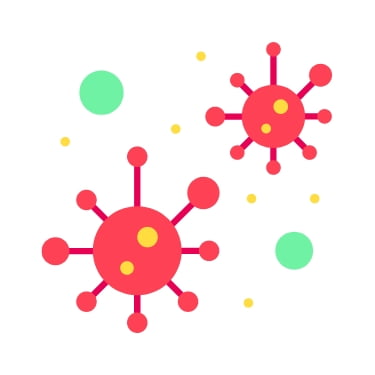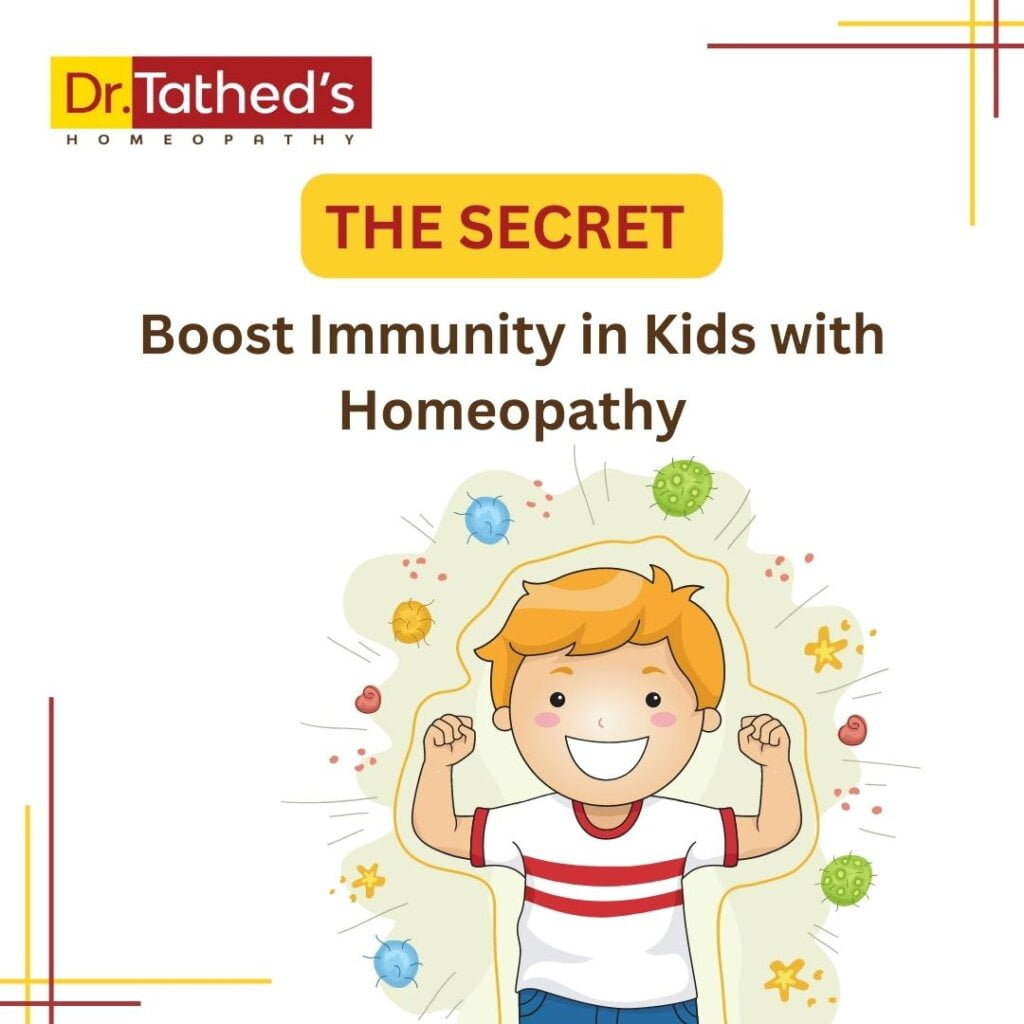A strong immune system is crucial for maintaining good health in children. However, low immunity can make them more susceptible to frequent infections. The immune system plays a vital role in defending the body against infections caused by bacteria, viruses, fungi, and parasites. If a child’s immune system is weak, it becomes difficult to fight off infections, leading to recurrent illnesses.
While occasional infections are normal during a child’s development, frequent and persistent infections may indicate a lack of immunity. Several factors can contribute to poor immunity in kids, such as genetic predisposition, inadequate nutrition, lack of physical activity, limited exposure to germs, insufficient sleep, stress, and exposure to smoke and air pollutants.
Signs of Poor Immunity
Recognizing the signs of weak immunity is important for early intervention and appropriate treatment. Here are some common indicators:
1. Frequent Infections
One of the most prominent signs of weak immunity in children is the tendency to catch infections frequently. Common recurring infections include colds, tonsillitis, ear infections, sinusitis, bronchitis, pneumonia, and urinary tract infections. While it’s normal for a child to experience about three to four colds per year, a higher frequency may indicate weakened immunity.


2. Bowel Irregularities
Digestive issues like constipation, gas problems, and diarrhea can be signs of compromised immunity. The gut houses both good and bad bacteria, and a healthy balance is essential for a strong immune system. Lower levels of beneficial gut bacteria can lead to poor digestion and weakened immunity.
3. Lack of Energy
Children with weak immunity often exhibit low energy levels and get tired easily. They may lack the stamina required for physical activities and may feel fatigued even with minimal exertion.


4. Poor Weight Gain and Growth
Inadequate weight gain and slow physical growth can be indicative of low immunity. When a child’s immune system is compromised, it can affect their overall development.
5. Delayed Wound Healing
Children with weakened immunity may experience slow wound healing. This delayed healing process can be a result of the immune system’s inability to mount an effective response to repair the damaged tissue.


6. Loss of Appetite
Loss of appetite is another potential sign of weak immunity. When a child’s immune system is not functioning optimally, it can affect their appetite, leading to a decrease in food intake.
7. Anemia
Anemia, characterized by a deficiency of red blood cells to carry enough oxygen to body tissues, can also be associated with weak immunity.

Homeopathic Treatment for Boosting Immunity in Kids
Homeopathy offers a natural and safe approach to enhancing a child’s immunity. Homeopathic medicines are derived from natural sources and have no side effects. They work by gradually improving the immune system and promoting gut health, thereby reducing the frequency of infections. It’s important to note that there is no single specific medicine for every case of poor immunity. Homeopathic treatment requires an individualized approach based on a detailed case history. It is advisable to seek guidance from an expert homeopathic physician rather than self-medicating.
Here are some commonly used homeopathic medicines for boosting immunity in kids:
Calcarea Carb is effective for children who frequently suffer from colds, sore throats, and ear infections. This medicine helps boost immunity, making them less prone to infections. Kids who may benefit from Calcarea Carb often exhibit excessive sweating, particularly on the head while sleeping. They may also have a craving for eggs and dislike milk.
Tuberculinum helps strengthen the immune system and reduce the tendency for recurrent upper respiratory tract infections such as colds, tonsillitis, and sore throats. It can also be beneficial for reducing the frequency of bronchitis. Kids who may benefit from Tuberculinum often have poor weight gain, a thin and weak appearance, fatigue, and profuse sweating at night.
Alfalfa is considered a general tonic in homeopathy. It improves appetite, digestion, and immunity. It is particularly useful when tiredness, fatigue, low weight, and poor stamina are present. Alfalfa helps children gain weight and enhances their ability to fight fatigue and infections.
Ferrum Phos is recommended for anemic children with weak immunity. They may appear thin and pale, experience marked weakness, exhaustion, and aversion to physical exertion. Weight loss may also be observed in such cases.
Silicea is indicated for children who are thin and have hindered growth and development. Their poor growth is not due to lack of appetite but rather defective assimilation of nutrients. They may have excessive fatigue, sensitivity to cold, profuse sweating on the feet and head, and a tendency to develop skin infections with pus formation.
It is important to consult a qualified homeopathic physician for an accurate diagnosis and appropriate treatment based on individual symptoms and characteristics.
The Final Word
Boosting immunity in kids is essential for their overall well-being and resistance to infections. Homeopathy offers a safe and natural approach to strengthen a child’s immune system. By addressing the underlying causes of weakened immunity and promoting holistic healing, homeopathic medicines can effectively improve a child’s health and reduce the frequency of infections. However, it is crucial to seek professional guidance for the correct selection and dosage of homeopathic medicines.
FAQs
Yes, homeopathic medicines are safe for children. They are derived from natural sources and have no known side effects when used under the guidance of an expert homeopathic physician.
The duration of treatment varies depending on the individual case and the severity of the condition. It may take a few weeks to several months to observe significant improvements in a child’s immunity.
Yes, homeopathic medicines can be used alongside conventional treatment. However, it is advisable to inform your healthcare provider about any homeopathic remedies you are using to ensure safe and effective integration of treatments.
Maintaining a well-balanced diet is important for a strong immune system. Ensure that your child’s diet includes a variety of fruits, vegetables, whole grains, lean proteins, and healthy fats. Adequate hydration and regular physical activity are also beneficial.
No, homeopathic medicines cannot replace vaccinations. Vaccinations are crucial for protecting children against specific infectious diseases. Homeopathic medicines can be used as a complementary approach to support overall immune health but should not be considered a substitute for vaccinations.

